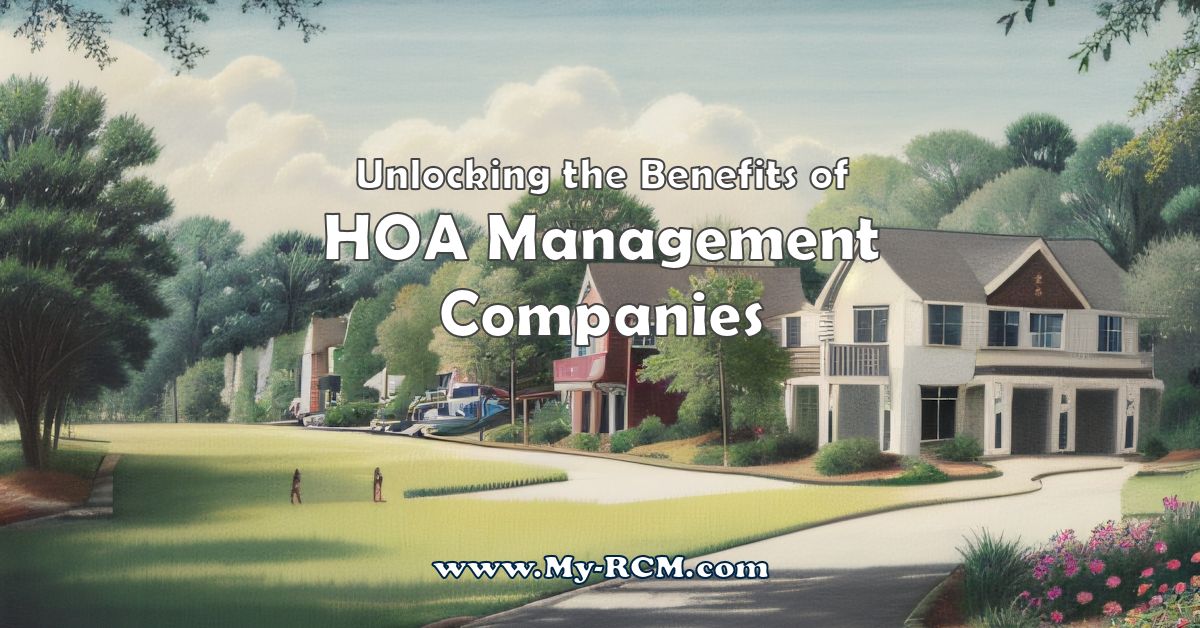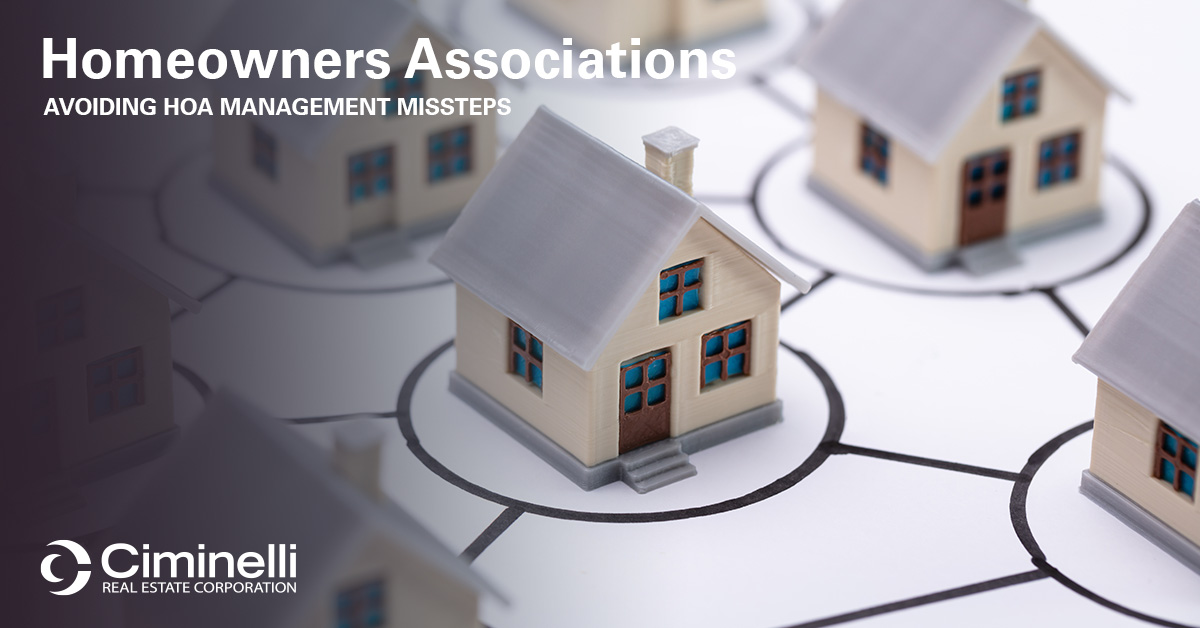Streamlined Solutions in HOA Management San Antonio: Your Area's Partner
Streamlined Solutions in HOA Management San Antonio: Your Area's Partner
Blog Article
From Financials to Upkeep: Understanding the Art of HOA Monitoring for Neighborhood Associations
Handling an area organization requires a delicate equilibrium between financial duties, efficient interaction, and effective upkeep operations. By diving into these vital areas, we intend to offer valuable understandings and techniques for understanding the art of HOA administration, leaving you equipped with the understanding and devices needed to browse the difficulties that may emerge within your community association.
Recognizing Financial Responsibilities
What are the essential economic responsibilities that neighborhood organizations need to recognize and manage properly? Neighborhood organizations play a vital function in taking care of the financial resources of their areas. hoa management san antonio. To ensure the monetary health of the association, a number of vital responsibilities need to be understood and handled properly
Primarily, area associations need to establish and keep a comprehensive budget. This includes properly approximating expenditures and revenue resources, such as regular monthly charges, unique assessments, and rental income. A well-planned budget plan enables organizations to allot funds for necessary expenses, such as maintenance and repair services, insurance policy costs, and get funds for future resources tasks.
An additional vital economic duty is the collection of dues and assessments. Community organizations need to ensure efficient and prompt collection of these fees to cover functional costs and preserve the monetary stability of the association. This consists of applying a clear and clear repayment policy, attending to delinquencies promptly, and enforcing any essential lawsuits.
Furthermore, community organizations must preserve accurate economic documents and prepare regular financial declarations. These statements give a clear photo of the organization's economic health and wellness, including income, expenditures, and books. Regular economic reporting permits board participants and house owners to track the association's economic performance and make informed choices concerning budgeting and spending.
Last but not least, community organizations should adhere to all relevant monetary regulations and tax obligation requirements. This consists of filing income tax return, keeping appropriate documentation, and sticking to any lawful obligations associated with monetary management.
Reliable Communication and Cooperation
Efficient interaction and partnership are important for effective HOA administration and cultivating a cohesive area. Neighborhood associations rely upon efficient interaction to distribute important details, address problems, and make certain openness. A constant and clear line of interaction between the HOA board, homeowners, and building management is vital for a well-functioning community.
One way to promote efficient interaction is with regular newsletters or e-mails that give updates on community events, jobs, and crucial news. This allows locals to stay notified and taken part in the area. In addition, establishing open lines of communication through community online forums or city center conferences can give a system for locals to articulate their viewpoints, ask inquiries, and add to decision-making procedures.
Cooperation is just as vital in HOA monitoring. Urging cooperation amongst board participants, citizens, and boards cultivates a feeling of possession and shared obligation. By including locals in the decision-making process and proactively seeking their input, the area organization can produce a more unified and inclusive environment.
To facilitate reliable cooperation, HOA administration ought to establish clear objectives and goals, delegate obligations, and encourage synergy. Routine meetings, both informal and formal, provide a possibility for stakeholders to go over ideas, address problems, and work in the direction of common goals. By cultivating a joint setting, community organizations can harness the varied skills, expertise, and point of views of their residents to drive favorable change and boost neighborhood living.
Streamlining Upkeep Workflow
Simplifying maintenance procedures is vital for cost-efficient and reliable HOA administration. By applying efficient approaches, neighborhood organizations can guarantee that upkeep tasks are brought out efficiently and in a timely fashion, minimizing interruptions and making best use of resident fulfillment.

In addition, making use of technology can considerably enhance maintenance procedures. Applying a computerized upkeep monitoring system (CMMS) allows associations to track job orders, schedule preventive upkeep, and maintain an organized document of maintenance tasks. This not just boosts efficiency but additionally offers a answerable and transparent system for both locals and management.
In addition, outsourcing certain maintenance tasks can likewise improve operations. By employing specialized service providers for tasks such as pool maintenance or landscaping, associations can ensure that these tasks are my review here dealt with by experts with the needed knowledge, liberating internal resources to concentrate on other aspects of HOA administration.
Prioritizing Guidelines and Laws
To make sure organized and effective neighborhood living, focusing on and implementing regulations and policies is necessary for efficient HOA administration. hoa management san antonio. Community associations count on a collection of guidelines to safeguard and maintain an unified setting residential or commercial property worths. By clearly specifying and focusing on guidelines and policies, HOA administration can ensure that homeowners comprehend their responsibilities and assumptions
One of the very first steps in prioritizing rules and guidelines is to determine those that are essential for the community's wellness. This may entail conducting a complete review of the existing regulations and policies and recognizing any type of voids or areas that require improvement. It is critical to involve area members in this procedure to guarantee their buy-in and to attend to any kind of worries or suggestions they might have.
As soon as the most crucial rules and laws have actually been recognized, HOA administration need to make certain that they are properly communicated to homeowners. This can be done via various means, such as newsletters, e-mails, neighborhood meetings, and posting notices in typical locations. Clear and consistent interaction is essential to guarantee that citizens are mindful of Discover More Here the guidelines and guidelines and comprehend the effects of non-compliance.
Enforcement of regulations and regulations is similarly vital in keeping a well-functioning community. HOA administration need to develop a regular and reasonable enforcement procedure, which might include cautions, penalties, and various other ideal actions. hoa management san antonio. It is necessary to strike a balance in between enforcing the regulations and regulations and maintaining favorable relationships with homeowners
Navigating Legal and Conformity Issues
Browsing legal and compliance issues is vital for HOA administration to make sure adherence to regulations and regulations. Neighborhood associations should operate within the bounds of the legislation to maintain the trust fund and self-confidence of stakeholders and house owners. Failure to adhere to legal needs can lead to legal disagreements, penalties, and damage to the organization's track record.
To navigate these issues properly, HOA monitoring ought to remain upgraded on federal, state, and regional laws that control community organizations. This includes understanding legislation pertaining to reasonable real estate, taxes, employment, and property monitoring. Conformity with these legislations entails carrying out policies and treatments that protect the legal rights of homeowners and guarantee openness in financial and functional matters.
In enhancement to legal responsibilities, HOA monitoring have to likewise follow the organization's governing files, such as the laws, conditions, agreements, and constraints (CC&R s) These papers lay out the regulations and regulations that regulate the neighborhood and may include arrangements relating to residential property upkeep, building standards, and conflict resolution procedures.

Conclusion
In final thought, grasping the art of HOA administration for neighborhood organizations needs a detailed understanding of economic responsibilities, efficient communication and cooperation, streamlining maintenance operations, focusing on rules and policies, and browsing legal and conformity concerns. By efficiently applying these approaches, area organizations can make sure the smooth functioning and overall well-being of their communities.
By diving right into these crucial areas, we aim to provide valuable understandings and strategies for understanding the art of HOA monitoring, leaving you outfitted with the understanding and tools required to browse the difficulties that may emerge within your neighborhood association.
Neighborhood associations play a vital role in managing the financial resources of their communities. Area associations have to guarantee efficient and prompt collection of these fees to cover operational expenditures and preserve the economic stability of the organization. By fostering a collective environment, neighborhood organizations can harness the look at this site diverse abilities, knowledge, and point of views of their residents to drive positive adjustment and enhance area living.
To navigate these problems properly, HOA administration need to stay upgraded on federal, state, and neighborhood laws that regulate community associations.
Report this page